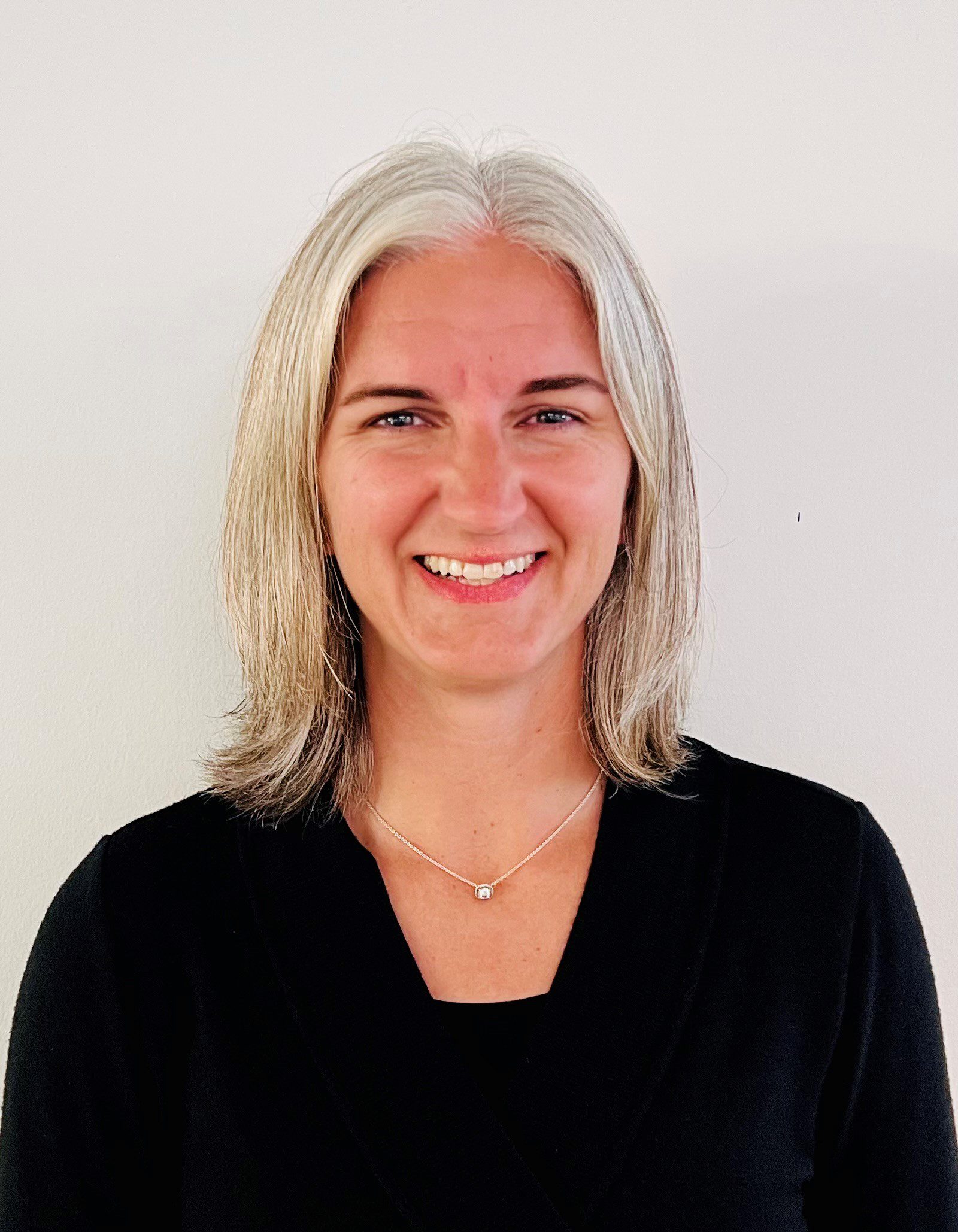
The finalists for WashingtonExec’s 2023 Pinnacle Awards were announced Sept. 25, and we’ll be highlighting some of them until the event takes place live, in-person Nov. 16.
Next is Anne Lord Bailey, executive director of the Strategic Initiatives Lab at the Department of Veterans Affairs, who’s the Government Healthcare Executive of the Year finalist. Here, she shares recent key achievements, taking professional risks, overcoming career struggles and more.
What key achievements did you have in 2023?
My team and I worked hard in 2023 to deepen the impact VA Immersive is making for our Veterans. We held the second annual VA Immersive Summit in Washington, DC this summer, doubling the number of attendees from the previous year and adding a livestreamed virtual option for greater reach. We grew our clinical use cases to 40; we have new pilots and ongoing programs across the country on everything from PTSD to physical rehabilitation to staff training.
And, most importantly, we increased our outreach to Veterans—meeting them where they are at conferences and events and sharing the potential of immersive technology with them. VA Immersive’s vision and impact directly led to Veterans Health Administration (VHA) being selected as one of the Top 10 Innovator Organizations by Modern Healthcare.
My colleague, Caitlin Rawlins, and I were nominated for a Service to America (Sammies) Medal and were Top 12 for the Sammies People’s Choice award.
What has made you successful in your current role?
Curiosity, tenacity, and fortitude.
What was a turning point or inflection point in your career?
I’m not sure there’s been a particular point. For me, it’s been a long, steadfast walk in the direction of truly patient-centered care.
What are you most proud of having been a part of in your current organization?
I am most proud of having been part of VA’s leading role in the clinical implementation of immersive technology like virtual reality.
What are your primary focuses areas going forward, and why are those so important to the future of the nation?
Continuing to identify opportunities to innovate around access to and cost of care. Resources are not infinite in health care, but the needs continue to grow and change. My hope is that continuing to test, evaluate, iterate, and deploy innovative health care solutions like immersive technology will drive meaningful improvement to health care in the United States.
How do you help shape the next generation of government leaders/industry leaders?
Spending time with them: mentoring, teaching, and learning side by side. Giving them important problems to solve and guiding them as they take on these challenges. As the only pharmacist in VHA’s Office of Healthcare Innovation and Learning, I get the opportunity to mentor and teach rising pharmacists about the role the pharmacists can play in testing, evaluating, and implementing innovation in health care.
What’s one key thing you learned from a failure you had?
Ask a lot of questions and identify assumptions quickly. Incorrect assumptions highlight for me an area where I need to learn and listen more — to better understand a perspective or scenario.
Which rules do you think you should break more as a government/industry leader?
You have to have it all figured out (or at least mapped out) before you try something. I’ve learned there’s great value in calculated risk-taking.
What’s the biggest professional risk you’ve ever taken?
Decreasing time in clinic doing direct patient care to take on more work in innovation.
Looking back at your career, what are you most proud of?
Getting to grow up in VA and being on several exceptional teams within VA.
What was your biggest career struggle and how did you overcome it?
Staying focused on the Veterans and the “why” behind this work is not always easy, especially since I no longer work directly with patients. It’s easy to become disillusioned during the uphill battle that this type of advocacy often involves. You have to put in the work to stay connected with the Veterans and the caregivers that are experiencing life-changing impact of this technology. Human impact stories are not important just for our program’s stakeholders, they are also essential for our team.

